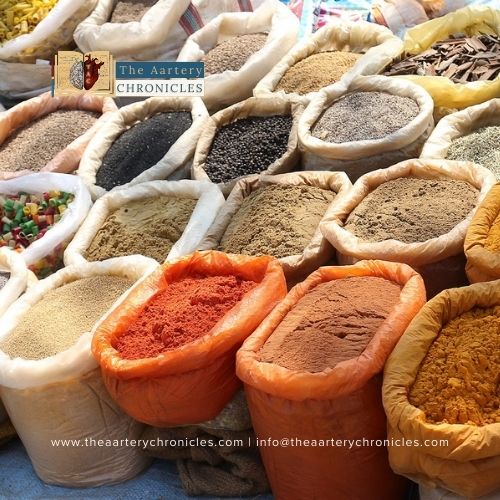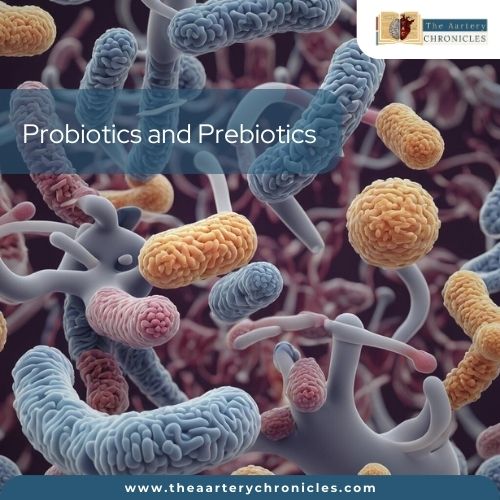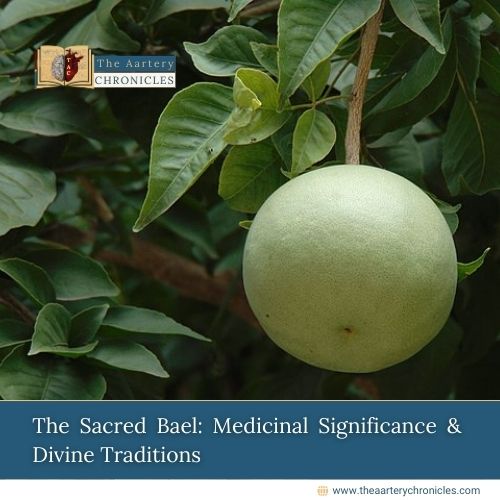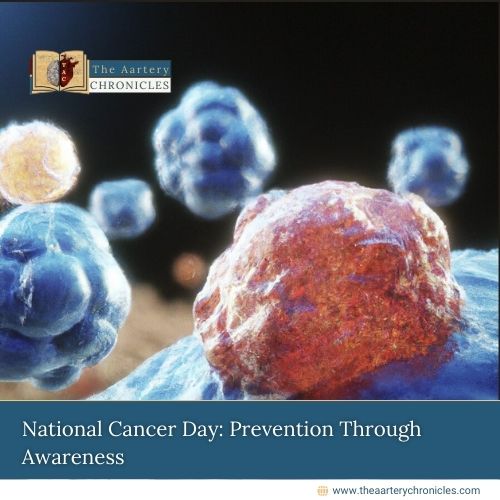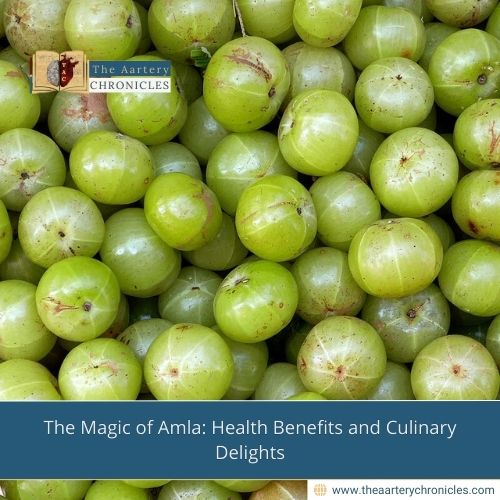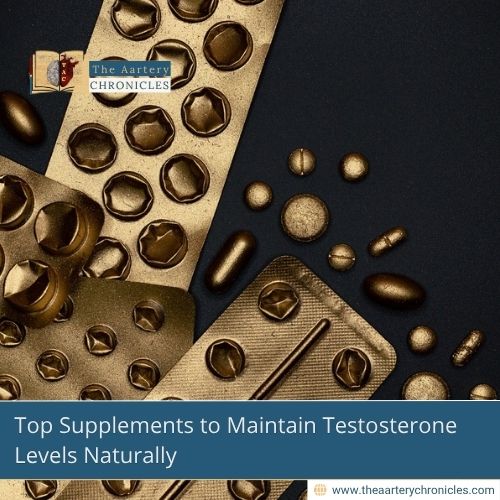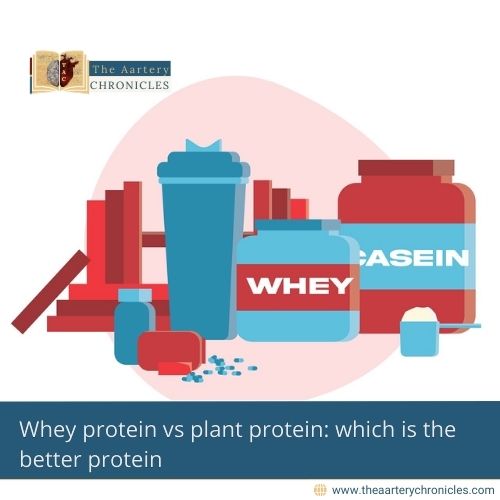
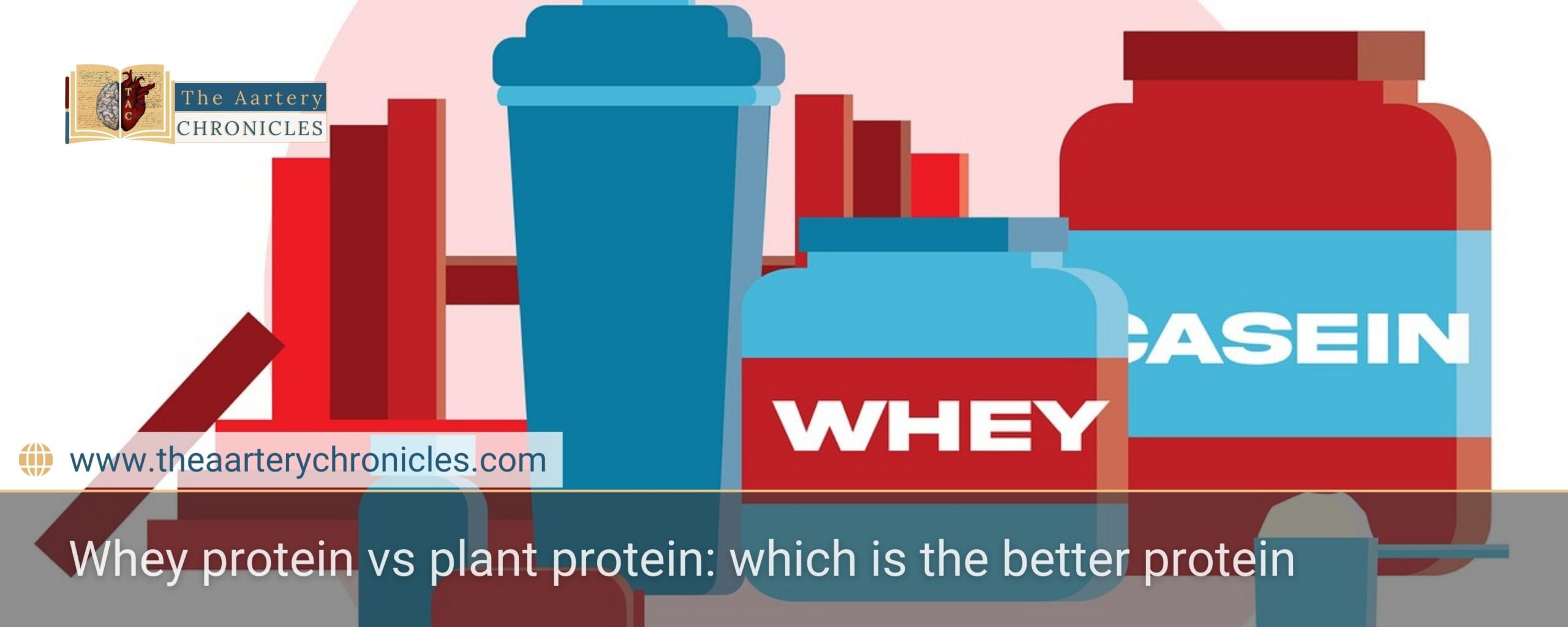
Whey protein vs plant protein: Which is the better protein
Introduction
Proteins, as we all know, is a crucial part of our meals as they help in repairing and building our muscles and bones as well as producing hormones and enzymes. Proteins are the source of our energy. Given the consciousness of people towards their health and wellness, there is a huge demand for proteins and hence many choices of protein supplements and proteins available.
Whey protein and plant protein are two choices of proteins available. The debate is ongoing as to which is the better option, but there is no clear winner, as both are good in their respective ways.
Whey protein is a by-product of the cheese making process, extracted from milk, where the whey (liquid) is separated from the curds. This is then processed and dried to a concentrated form of protein known as whey protein powder.
Plant protein is a supplement that is extracted from plant-based sources like peas and lentils, quinoa, rice, hemp seeds, chia seeds etc., with a specific formulation, made into a concentrated form of protein powder.
- Pea protein is made from yellow split peas or green peas which is rich in amino acids like lysine and easy to digest.
- Rice protein is made from brown rice in which other plant-based proteins are added to increase the amino acid content.
Let us see how both these proteins are similar/differ from each other.[1]
Whey Protein | Plant Protein |
Made from cow’s milk (20% whey and 80% casein), contains lactose, added sugars, artificial flavours, thickeners, vitamins and minerals | Made from soybeans, peas, rice |
It contains high leucine, which stimulates the mTOR pathway for muscle protein synthesis and induces testosterone, which is essential for faster muscle repair, maintenance, and growth. | Plant protein powder made of pea protein isolate and brown rice protein isolate, is rich in amino acids essential for steady repair and growth of muscles. |
Easily digested and absorbed, releases amino acids in the blood thereby conducive to initiating muscle protein synthesis after workouts. | Plant protein powder made of pea protein isolate and brown rice protein isolate, together with the amino acids, produces BCAAs (branched-chain amino acids) for muscle protein synthesis. These amino acids ease muscle repair and recovery and help burn fat and weight loss. |
Rich in amino acids | A combination of pea protein and brown rice protein makes it rich in amino acids |
Best suited for recovery post-workout | Suited for slower recovery and digestion |
Lactose content | Unsuited for those with lactose intolerance |
Contains calcium, potassium, Vitamin B12 and other nutrients essential for producing energy and functions of the muscles | Contains vitamins, and minerals like iron, magnesium, folate and fibre making it more nutritious and multifaceted to use in meals. |
Lactose content may lead to indigestion but the digestive enzyme content i.e. Digezyme may alleviate digestive issues | Soy and nuts content in plant proteins are allergens but most of plant-based proteins are hypoallergic and can be consumed by people with food allergies |
Keeps us satiated for longer, reduces our hunger pangs, and keeps calorie intake in check thereby helpful in weight management | High fibre content keeps us satiated longer, and reduces food intake thereby maintaining our weight |
May have a high-calorie count due to added fats and sugars in the flavoured protein powder supplements, so to be consumed in moderation | Low in calories and high in fibre content are well suited for a well-balanced diet ideal for weight management |
Leaves a carbon footprint as it is derived from dairy products and requires substantial resources like animals and infrastructure | Leaves a lower carbon footprint as it requires fewer resources and is environmentally safe and sustainable as it requires the growth of more crops. |
Whey proteins are generally preferred by those individuals who indulge in extreme weight training, bodybuilders, and athletes, as they aid in faster muscle recovery, increased performance and quick absorption in the body.
Plant proteins are generally preferred by those individuals who are vegan, vegetarian, allergic/sensitive to certain foods, as these proteins are an allergen-free substitute, easily absorbed and digested and suited to all palates, which promote slow and steady muscle repair, gastric health and weight management.
Caution
Protein powders should not be consumed by kidney patients, people with allergies/lactose intolerance, pregnant or breastfeeding women, or people who have high protein content in their bodies.
It is recommended to always consult your medical practitioner/dietician before you proceed with consuming protein powder/supplements, as they can best guide you, keeping in mind your age/health/medical history.

Ms Rupal Sonpal
Reviewed by Dr Aarti Nehra (MBBS, MMST)


